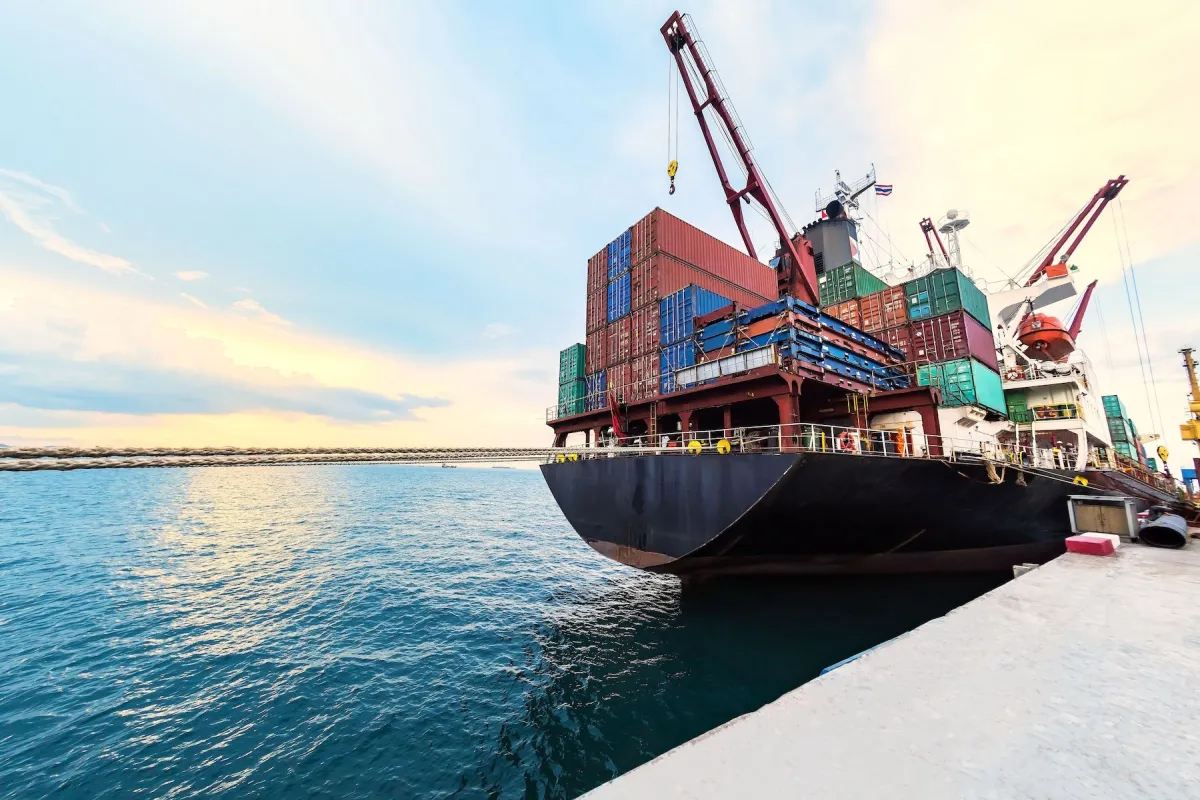Demurrage Charges - Lease or penalty clause?

It has been understood by our recent Jurisprudence* that the supply of containers by sea carriers, for stowing the goods to be transported in them, always translates into a lease.
Such lease, during the period in which the container is loaded on board the ship until it is unloaded and delivered empty to the carrier, at the place designated by the latter, within the so-called "free time "**, may be considered incorporated in the maritime transport regime.
Only after the period of "free time" without the lifting, deconsolidation and delivery of the empty container having taken place, does the amount charged by the maritime carrier as "demurrage" or "delays" have the nature of a real rent.
This is reflected in the Judgement of the Lisbon Court of Appeal of 30 May 2023 when it states: "In the sense of the legal nature of demurrage as a leasing contract associated with maritime transport, but autonomous, the Judgement of the Lisbon Court of Appeal of 19-10-2017, Case No. 79/12.2TNLSB.L1-2 was also pronounced".
We cannot agree with this thesis. It is because, on the one hand, the daily amount to be paid by the interested party in the cargo, whoever it may be, is not a fixed amount, as in the lease.
In fact, this rate increases according to the number of days that the container remains in the terminal. On the other hand, the definition of freight in the clauses of most, if not all, shipowners includes not only freight but also all charges, costs and expenses payable to the Carrier in accordance with the applicable tariff and Bill of Lading, including storage and demurrage. In other words, it does not appear to us that we can speak of any lease contract associated with maritime transport.
In our view, the tariff applied to demurrage constitutes a true penalty clause.
Indeed, the container is now a means used by carriers by sea for the transport of goods. Any detention of a container for longer than the time allowed to the person responsible for the cargo in order to carry out the operations of lifting, deconsolidation and delivery of the empty container implies for the maritime carrier that it cannot be used for other transport operations.
* See among others the Judgement of the Lisbon Court of Appeal of 30 May 2023 in Case 58/20.6TNLSB
** Time allowed by the carrier at the port of discharge so that the person interested in the cargo may pick up the container, deconsolidate it and deliver it empty
